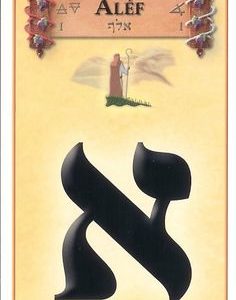
My Mother’s Prayer Book
The prayer book’s title, Mishkan T’filah, comes from this verse: “And let them build Me a sanctuary that I may dwell among them” (Exodus 25:8). “Mishkan T’filah,” write Rabbis Elyse D. Frishman and Peter S. Knobel, editor and chair of the editorial committee respectively, “is a dwelling place for prayer, one that moves with us wherever we might be physically or spiritually.”








